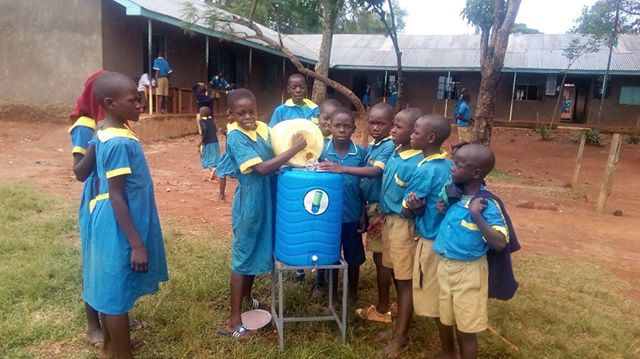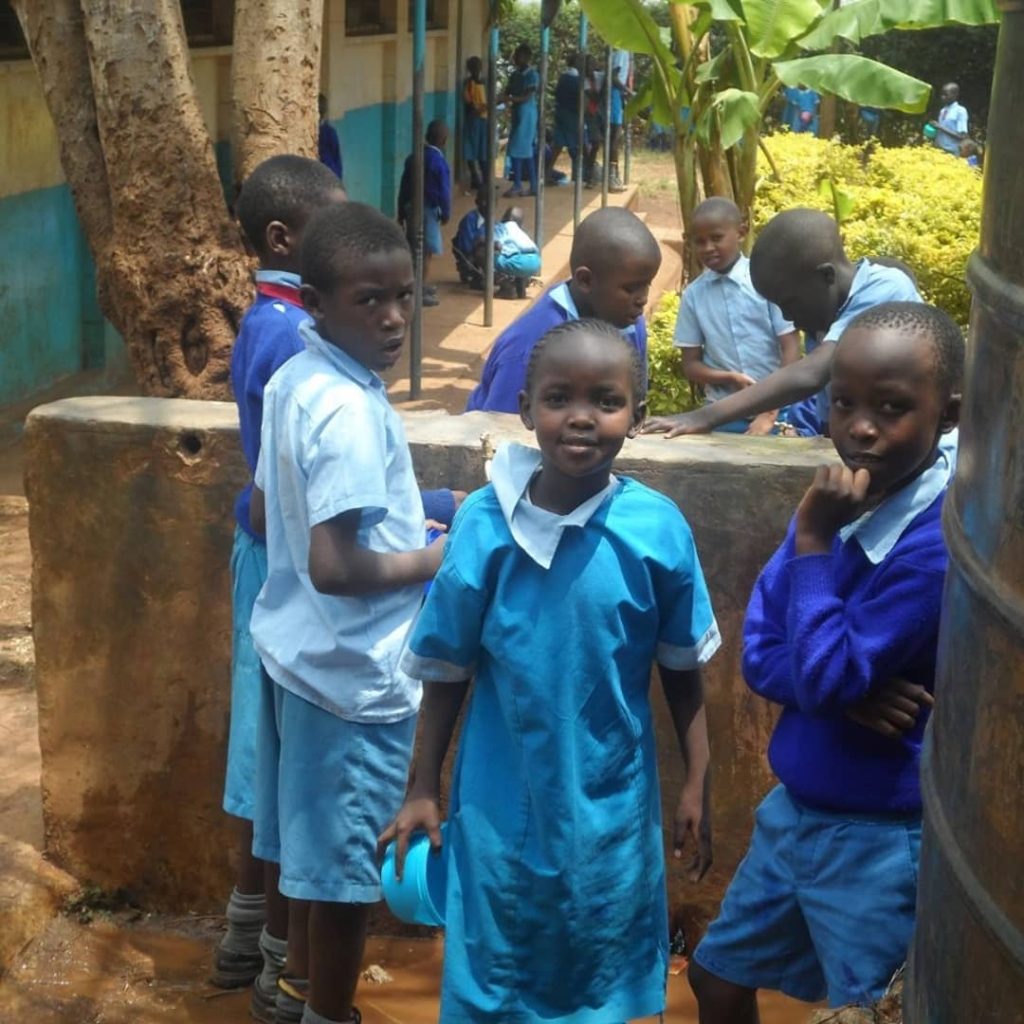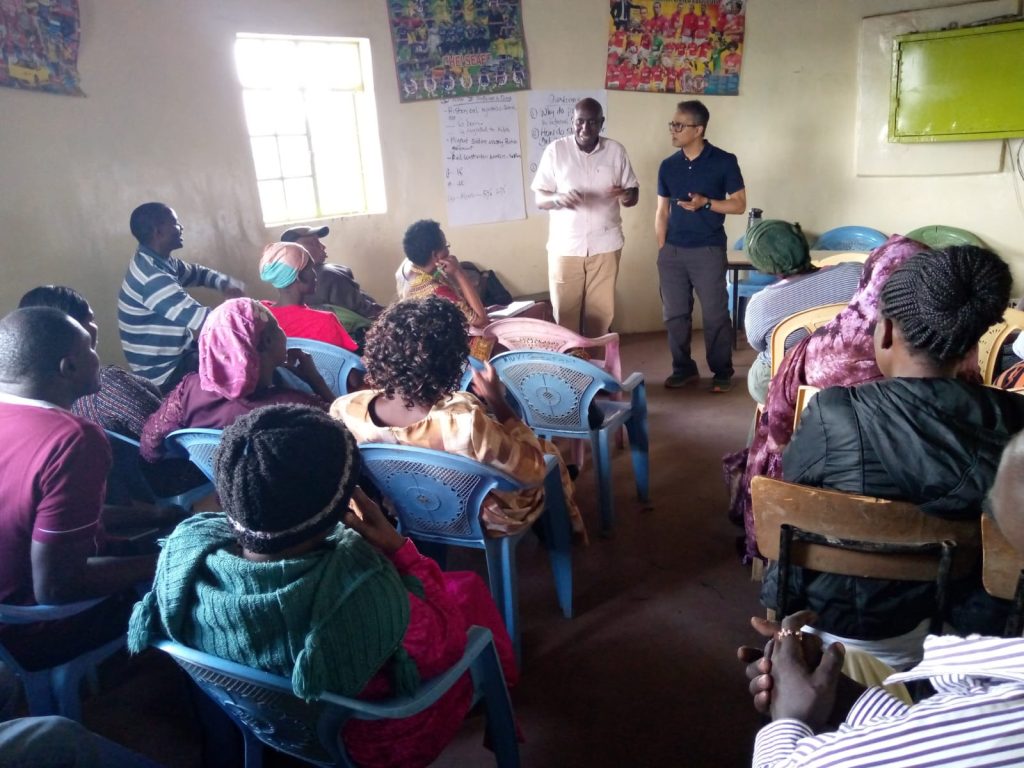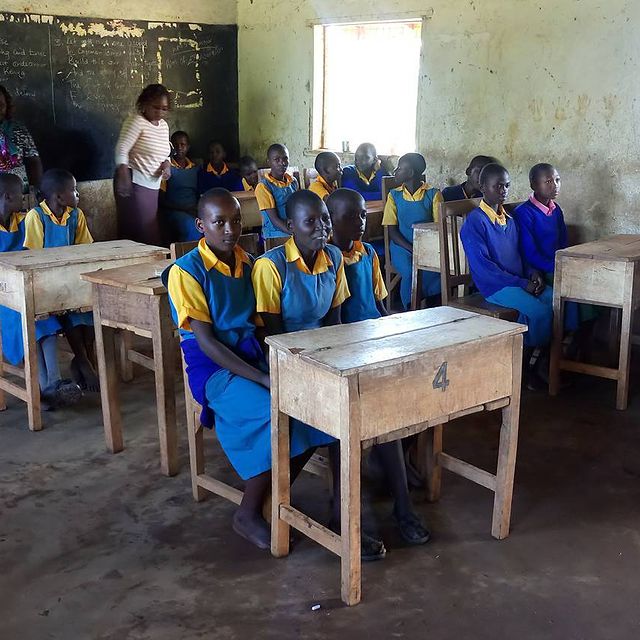How does clean water access shape education and gender equality in developing countries?
This question is crucial, especially as we strive toward achieving global sustainability and equality. Lack of clean water is not just a health issue; it is a significant barrier to education, particularly for girls. The connection between clean water access, education, and gender equality cannot be overstated.
In this article, we will explore how providing clean water impacts educational outcomes and promotes gender equality. We will look at the direct and indirect benefits of clean water access, the challenges posed by inadequate water and sanitation, and how these elements interplay to influence the lives of millions of children, especially girls, in developing regions. Furthermore, we will discuss ongoing efforts and the role of organizations like Maji na Ufanisi in bridging these critical gaps.
Also read:SDG 6: Clean Water and Sanitation – A Comprehensive Guide for Change-Makers
A Detailed Explanation of How Clean Water Access Impacts Education and Gender Equality
Clean Water and School Attendance

Clean water access is a fundamental requirement for maintaining good health. Without it, students are more likely to suffer from waterborne diseases, which can lead to increased absenteeism. In many developing countries, children miss school due to illnesses caused by contaminated water. For girls, the situation is even more dire. When they have to fetch water for their families, they often walk long distances, taking time away from their education. This burden significantly impacts their school attendance and performance.
Schools with inadequate water, sanitation, and hygiene (WASH) facilities face higher dropout rates. For girls, the absence of clean water and proper sanitation facilities during menstruation is a leading cause of absenteeism. This issue contributes to the gender gap in education, particularly in rural areas where these resources are scarce.
Safe Learning Environments
Access to clean water is essential for creating safe and conducive learning environments. Schools without proper WASH facilities are less effective in delivering quality education. Students are distracted by the lack of basic amenities, which hampers their ability to focus on their studies. Clean water and sanitation facilities, therefore, are not just a health necessity but also a crucial educational resource.
When schools are equipped with clean water, students can stay hydrated, maintain hygiene, and have access to proper sanitation facilities. This creates a safe space for learning, reduces the risk of water-related illnesses, and ensures that students, especially girls, are not forced to miss school due to the lack of basic amenities.
The Role of Clean Water in Gender Equality
Gender equality in education is deeply intertwined with access to clean water. Girls are disproportionately affected by the lack of clean water and sanitation facilities, which impedes their educational opportunities. When girls have to fetch water, their time for studying is drastically reduced. Moreover, the absence of proper sanitation facilities during menstruation often leads to girls dropping out of school entirely.
The burden of water collection traditionally falls on women and girls, reinforcing gender inequality. This responsibility not only affects their education but also limits their future opportunities. By ensuring that schools and communities have access to clean water, we can help break this cycle and promote gender equality.
Impact on Academic Performance
Clean water access has a direct impact on students’ academic performance. When students are healthy, they are more likely to attend school regularly and perform better academically. Water-related diseases such as diarrhea can cause malnutrition and dehydration, which severely affect cognitive function and concentration.
In schools with access to clean water, students are healthier and more focused, leading to better academic outcomes. Additionally, when girls do not have to miss school due to menstruation or water-fetching duties, they can maintain consistent attendance and perform better in their studies.

Empowerment Through Education
Education is a powerful tool for empowerment, especially for girls. By providing access to clean water, we enable more girls to attend school and receive the education they deserve. Educated girls are more likely to pursue higher education, enter the workforce, and become financially independent. This empowerment helps break the cycle of poverty and promotes gender equality on a broader scale.
Moreover, educated women are more likely to advocate for their communities, leading to improved health and economic outcomes for everyone. Clean water access, therefore, not only supports education but also empowers women and promotes sustainable development.
Here’s Everything Else You Need to Know About Clean Water Access, Education, and Gender Equality
What can be done to improve clean water access in schools and communities? The answer lies in a multifaceted approach that involves infrastructure development, community education, and sustained investment. Organizations like Maji na Ufanisi are at the forefront of this battle, working tirelessly to ensure that clean water is accessible to all, especially in schools.
Innovative Solutions for Water Access
Providing clean water requires innovative solutions tailored to the specific needs of communities. Rainwater harvesting, solar-powered water pumps, and community-managed water systems are just a few examples of how technology and community engagement can work together to solve water access issues. These solutions not only provide clean water but also create jobs and empower local communities.
Importance of Community Involvement
Community involvement is crucial in ensuring the sustainability of water projects. When communities are engaged in the planning and management of water resources, they are more likely to maintain and protect these resources. Education and awareness programs can help communities understand the importance of clean water and how to use it efficiently.
The Role of Policy and Advocacy
Policy and advocacy play a critical role in ensuring that clean water access is prioritized at all levels of government. By advocating for policies that promote water access and gender equality, we can ensure that these issues are addressed in national development plans. Governments must invest in infrastructure, enforce regulations that protect water resources, and ensure that all schools have access to clean water and sanitation facilities.
Education and Training
Education and training are essential components of any clean water initiative. By educating students, teachers, and community members about the importance of clean water and proper hygiene, we can ensure that these practices are adopted and maintained. Training programs can also help build local capacity to manage and maintain water systems, ensuring their long-term sustainability.

How Maji na Ufanisi is Helping
Maji na Ufanisi (Water and Development) is dedicated to improving access to clean water and promoting gender equality in education. Through their WASH programs, they have transformed schools and communities by providing clean water, sanitation facilities, and hygiene education. Their work has led to significant improvements in school attendance, particularly for girls, and has helped create safe learning environments where students can thrive.
Maji na Ufanisi’s approach is holistic, addressing not just the immediate need for clean water but also the underlying social and economic factors that contribute to gender inequality. By empowering communities and advocating for policy changes, they are helping to create a future where every child, regardless of gender, has the opportunity to receive a quality education.
A Brighter Future with Clean Water Access
In conclusion, clean water access is a critical factor in achieving education for all and promoting gender equality. Without it, millions of children, especially girls, are denied their right to education and a brighter future. By investing in clean water and sanitation infrastructure, engaging communities, and advocating for policy changes, we can ensure that every child has the opportunity to learn and succeed.
Maji na Ufanisi’s work is a testament to the power of clean water in transforming lives and communities. As we continue to strive towards global sustainability, let us remember that clean water is not just a necessity but a fundamental human right that underpins education, health, and equality for all.
FAQs:
- Why is clean water access crucial for education?
- Clean water prevents diseases, ensuring students stay healthy and attend school regularly.
- How does clean water promote gender equality in education?
- It reduces the burden on girls who traditionally collect water and enables them to attend school consistently.
- What are the main barriers to clean water access in schools?
- Inadequate infrastructure, lack of funding, and poor maintenance of water systems.
- How does Maji na Ufanisi contribute to improving water access?
- Through comprehensive WASH programs, infrastructure development, and community engagement.
- What impact does poor sanitation have on students’ academic performance?
- It leads to increased absenteeism and affects students’ ability to concentrate and perform well.
- What role does community involvement play in water projects?
- It ensures sustainability and encourages proper maintenance and protection of water resources.
- How can governments support clean water access in schools?
- By investing in infrastructure, enforcing water protection regulations, and ensuring all schools have WASH facilities.
- What innovative solutions exist for improving water access in schools?
- Rainwater harvesting, solar-powered pumps, and community-managed water systems.
- How does clean water access empower women and girls?
- It allows them to focus on education and other productive activities rather than water collection.
- What are the long-term benefits of clean water access for communities?
- Improved health, better education outcomes, economic growth, and reduced gender inequality.



